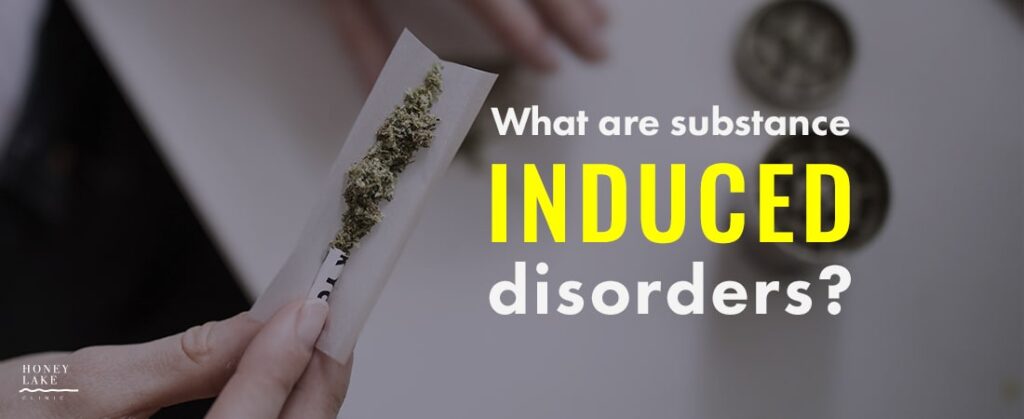What are Substance Induced Disorders?
Substance-induced disorders are conditions or illnesses which are caused by substance use. They are different from dual diagnosis substance use disorders in that the disorder is not experienced in conjunction with a substance use but is instead directly caused by the substance use.
Substance-induced disorders are problems caused by the direct effects of a substance. If the substance use wasn’t present, there would be no substance-induced disorder
Many different substances can cause a substance-induced disorder. A disorder can occur whether the substance is legal or not, socially acceptable, or has a medical use, with or without a prescription.
Here are a several examples of substance-induced disorders:
- Intoxication – Physical and/or psychological changes due to substance use; slurred speech, lowered inhibitions, euphoria, impaired balance, impaired thinking, etc.
- Withdrawal – Physical and/or psychological symptoms resulting from stopping substance use, such as depressed mood, nausea/vomiting, muscle aches, diarrhea, fever, insomnia, etc.
- Substance-induced mental disorders – Mental changes produced by substance use or withdrawal that resemble independent mental disorders such as depression, psychosis, or anxiety.
Intoxication and withdrawal are a little easier to recognize because they’re often seen in direct relationship to the substance used. Someone drinks alcohol to the point of intoxication—the intoxication’s cause is clear. Withdrawal, too, is easily connected. The experience is directly related to whatever substance has been stopped—the user’s body continues to crave.
For a mental disorder to be considered substance-induced, the substance involved must be known to be capable of causing the disorder. The 10 classes of drug that typically cause substance-related disorders are:
- Alcohol – associated with substance-induced mood disorders (depression, anxiety, bi-polar), substance-induced sleep disorders and substance-induced psychotic disorders
- Anti-anxiety and sedative drugs – associated with substance-induced anxiety, substance-induced mania, substance-induced sleep disorders and substance-induced sexual disorders
- Caffeine – associated with substance-induced anxiety
- Cannabis (including marijuana and synthetic cannabinoids) – associated with substance-induced depression, anxiety, delusions and hallucinations
- Hallucinogens (including LSD, phencyclidine, and psilocybin) – associated with substance-induced depression, anxiety, delusions and hallucinations
- Inhalants (such as paint thinner and certain glues)
- Opioids (including fentanyl, morphine, and oxycodone) – associated with substance-induced anxiety/irritability and depression
- Stimulants (including amphetamines and cocaine) – associated with substance-induced anxiety and panic
- Tobacco – associated with substance-induced anxiety, irritability and nausea
- Other (including anabolic steroids and other commonly abused substances)
In addition, for a substance-induced disorder diagnosis, the mental disorder should:
- Appear within 1 month of intoxication with or withdrawal from the substance
- Cause significant distress or impair functioning
- Not have been present before use of the substance
- Not occur only during acute delirium caused by the substance
- Not last for a substantial period of time, although certain disorders caused by alcohol, inhalants, or sedatives/hypnotics, and perceptual disorders caused by hallucinogens may be long-lasting.
If you or someone you love suffers with a substance-induced disorder, there’s good news: Substance-induced disorders are highly treatable. We understand what you’re going through, and we can help.
Treating Substance-Induced Disorders
First, use of the substance needs to stop. Detoxification will rid your system of the drug. Many substance-induced disorder symptoms disappear as soon as the substance is cleared from the body. Treatments very, depending on the substances involved and the degree to which they’ve taken hold. Some treatment is accomplished in an out-patient setting. Others require in-patient care.
Are you ready to beat substance use, develop positive habits and strategies, and regain a healthier, more meaningful lifestyle? We can help.
At Honey Lake Clinic, we believe faith-based treatment, encompassing your spiritual, physical and mental health, will provide you with the long-lasting tools and knowledge you need to break the grip of substance abuse.



